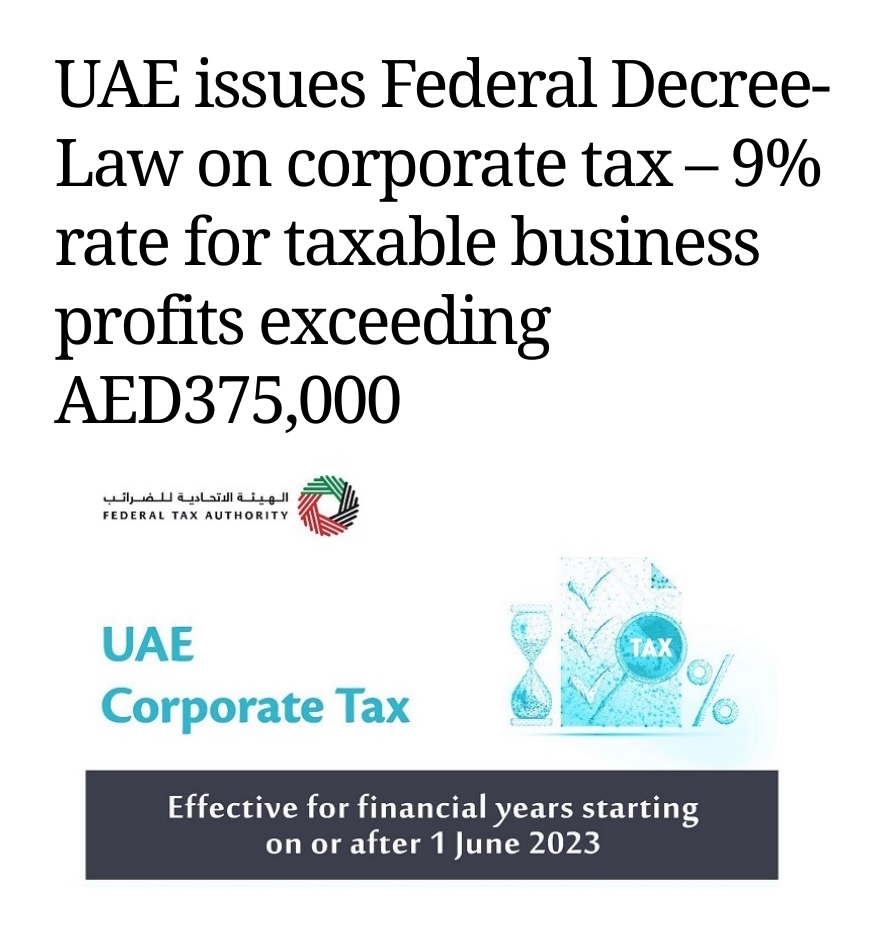As of June 1, firms began being liable for corporate tax when their financial years start, meaning tax returns will not fall due until 2025.
The UAE’s 9% rate on taxable income over 375,000 dirhams (about $100,000) follows a 5% value added tax (VAT) introduced in 2018.
That said, the country is still not giving up its tax-free status that helped the UAE carve out a role as an international trade and tourism hub and magnet for the ultra-rich.
The Ministry of Finance announced that qualified entities in more than 30 UAE free zones that export tens of billions of dollars worth of goods to neighboring states will not be taxed. In addition, the UAE also does not levy personal income taxes.
The United Arab Emirates legislation thus levies 0% or 9%, but with caveats for smaller earners and excluding personal income from employment, investment and real estate.

